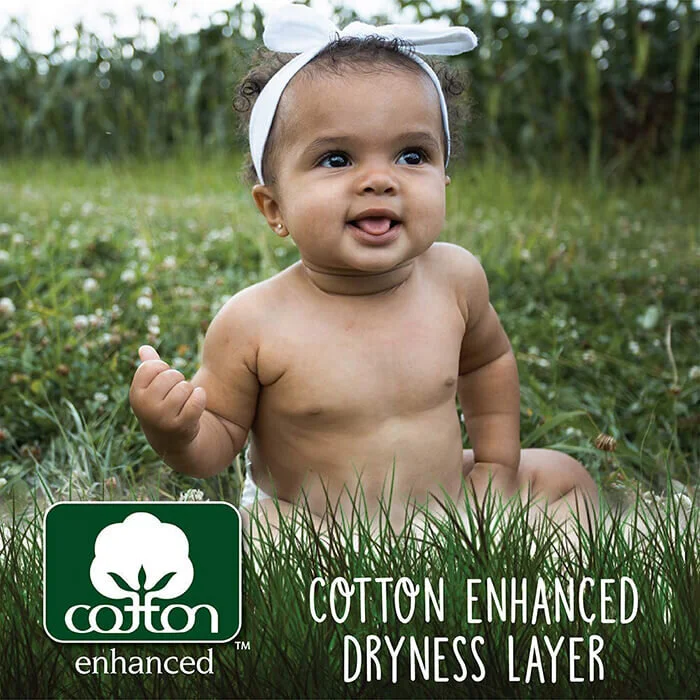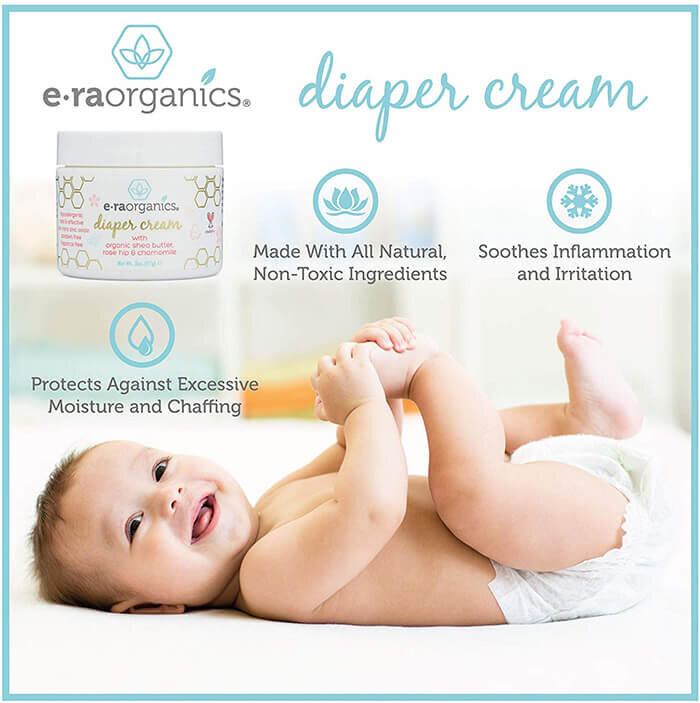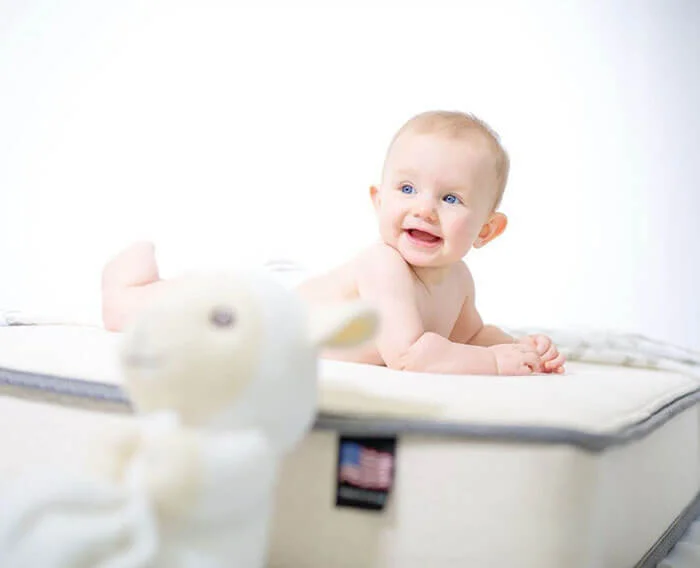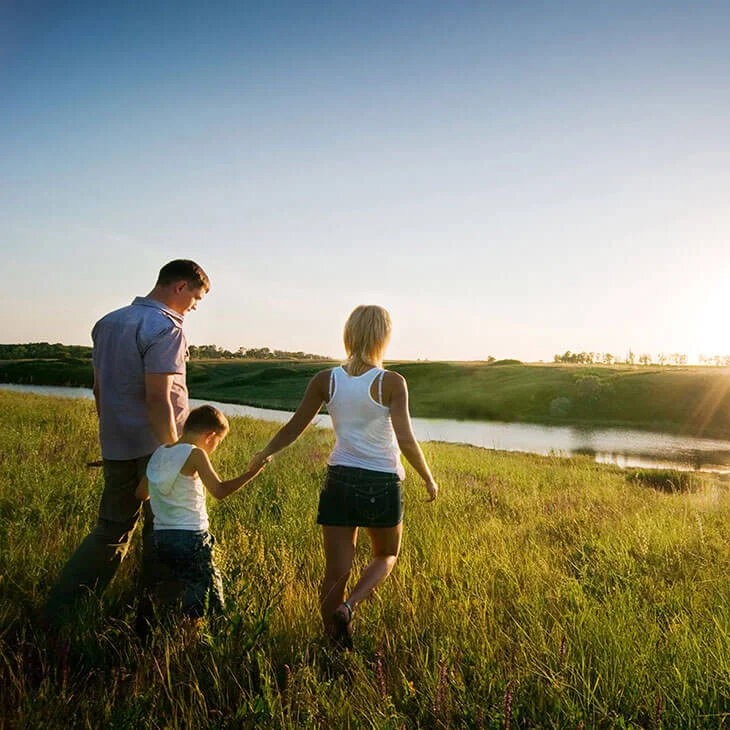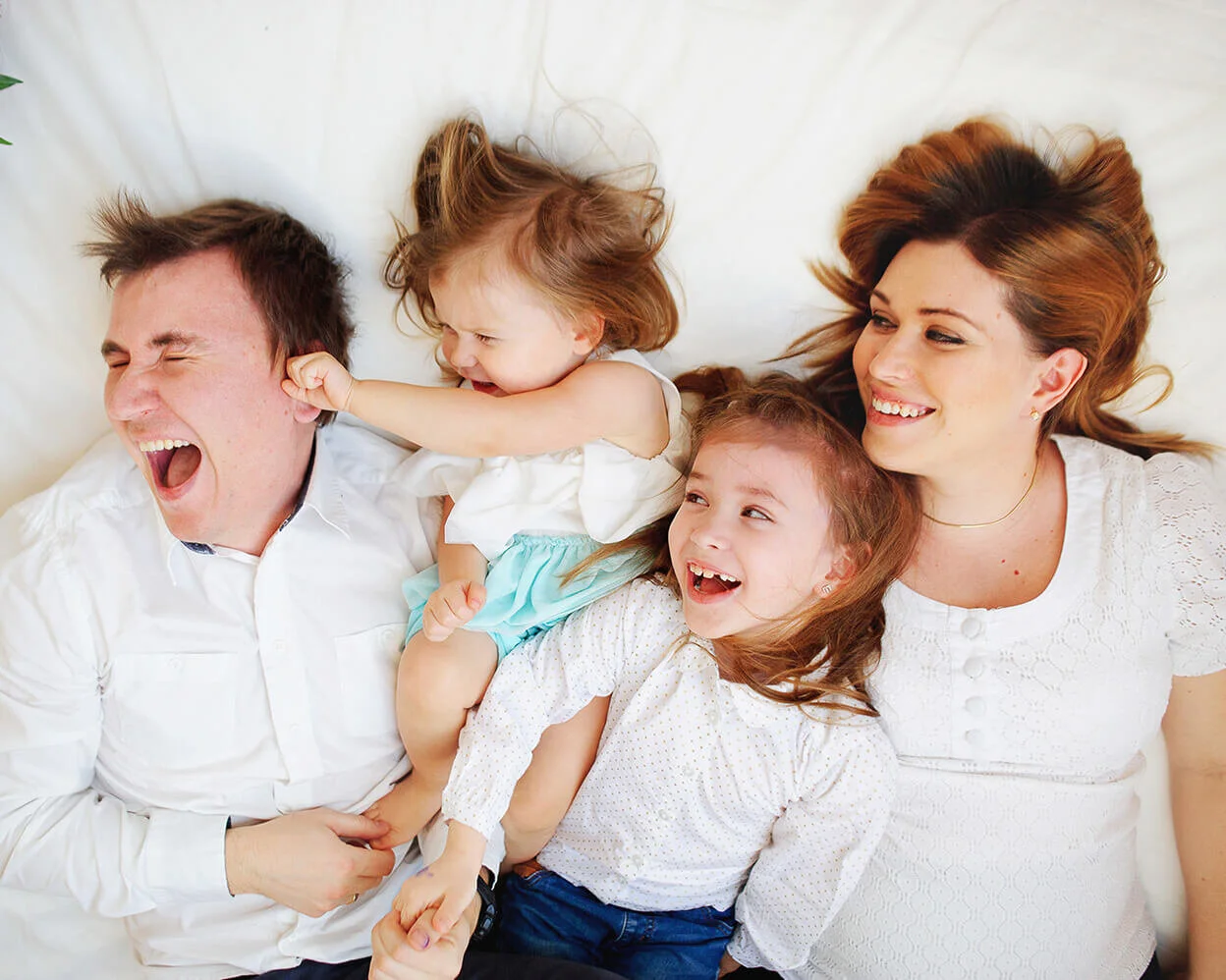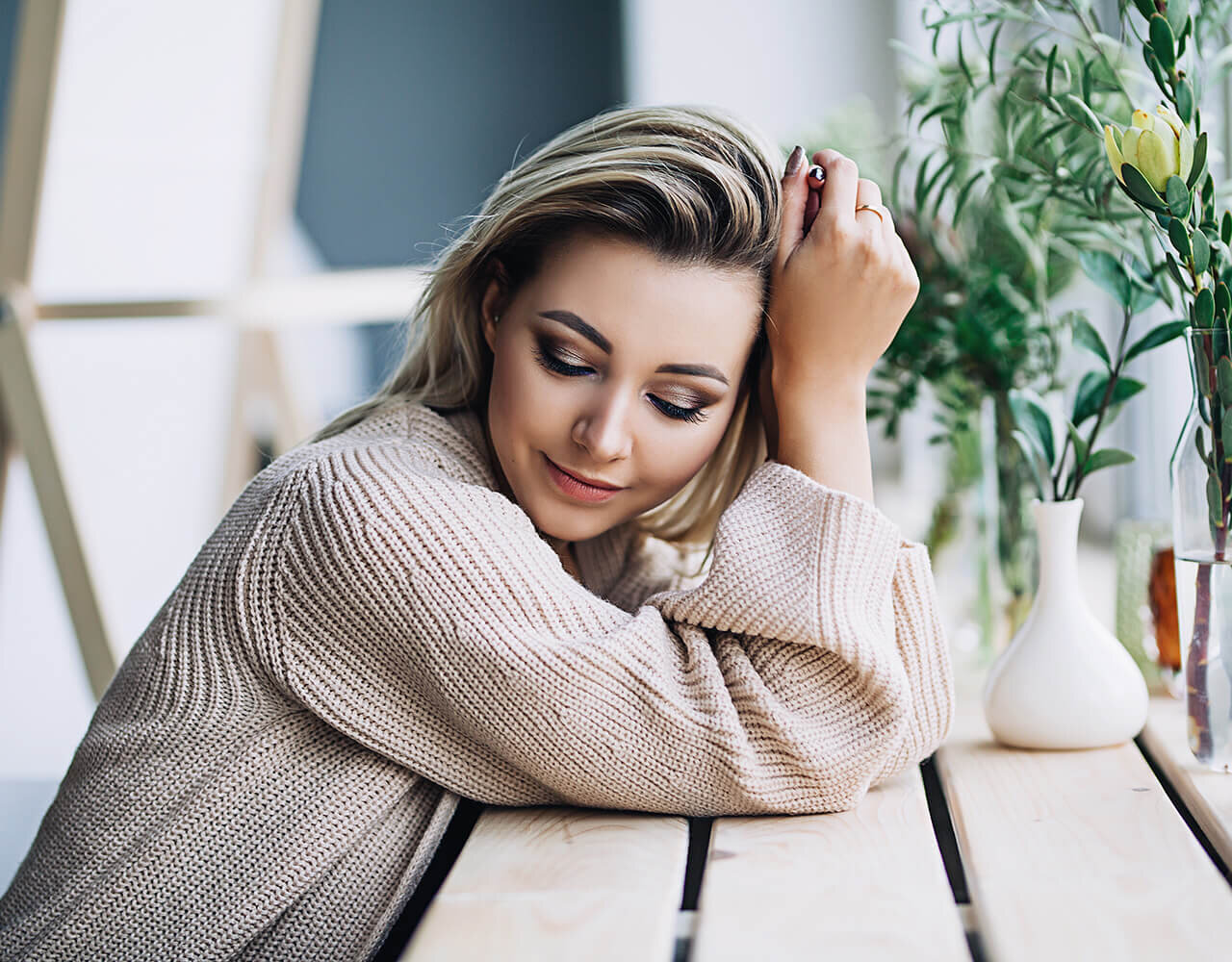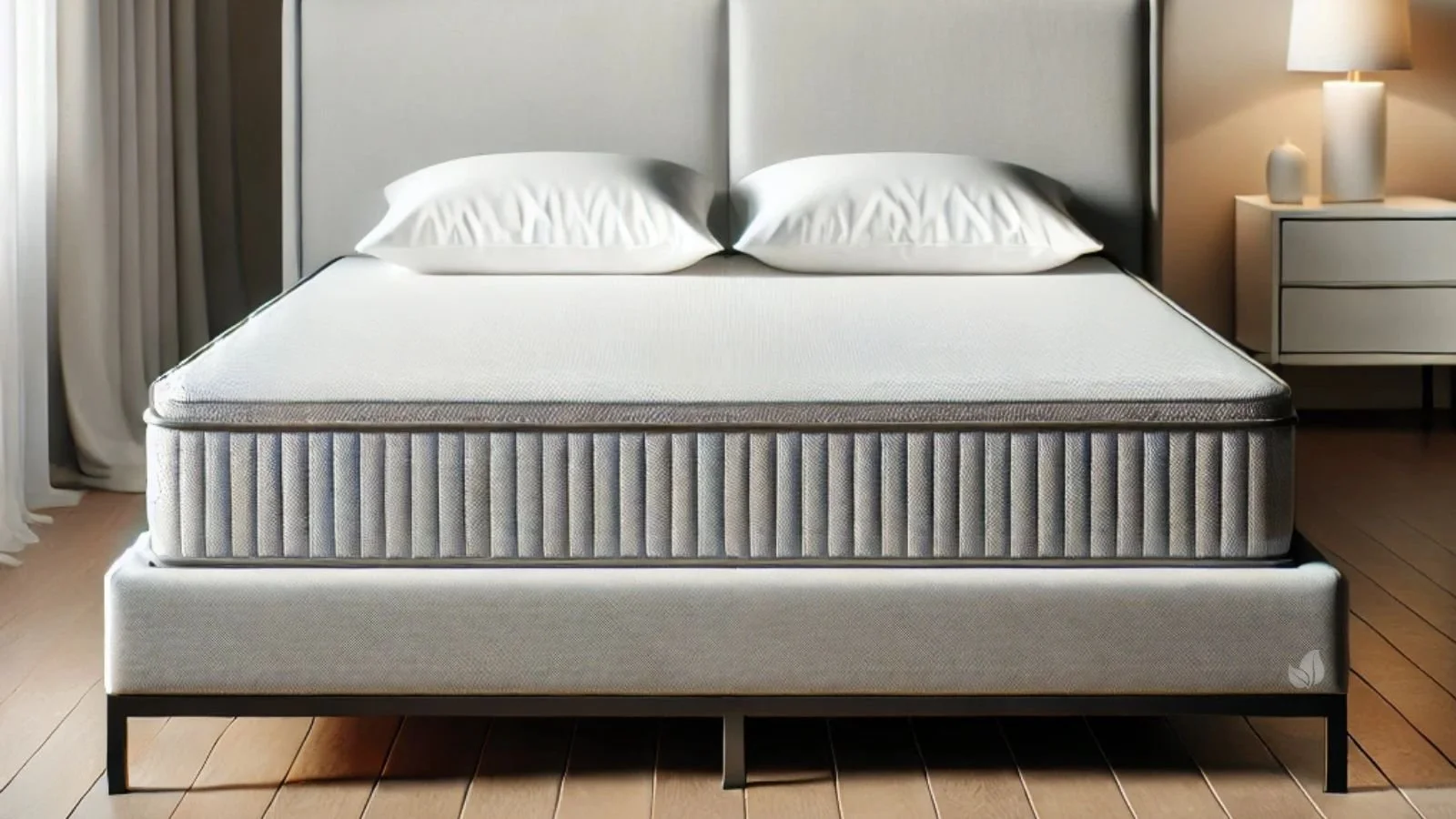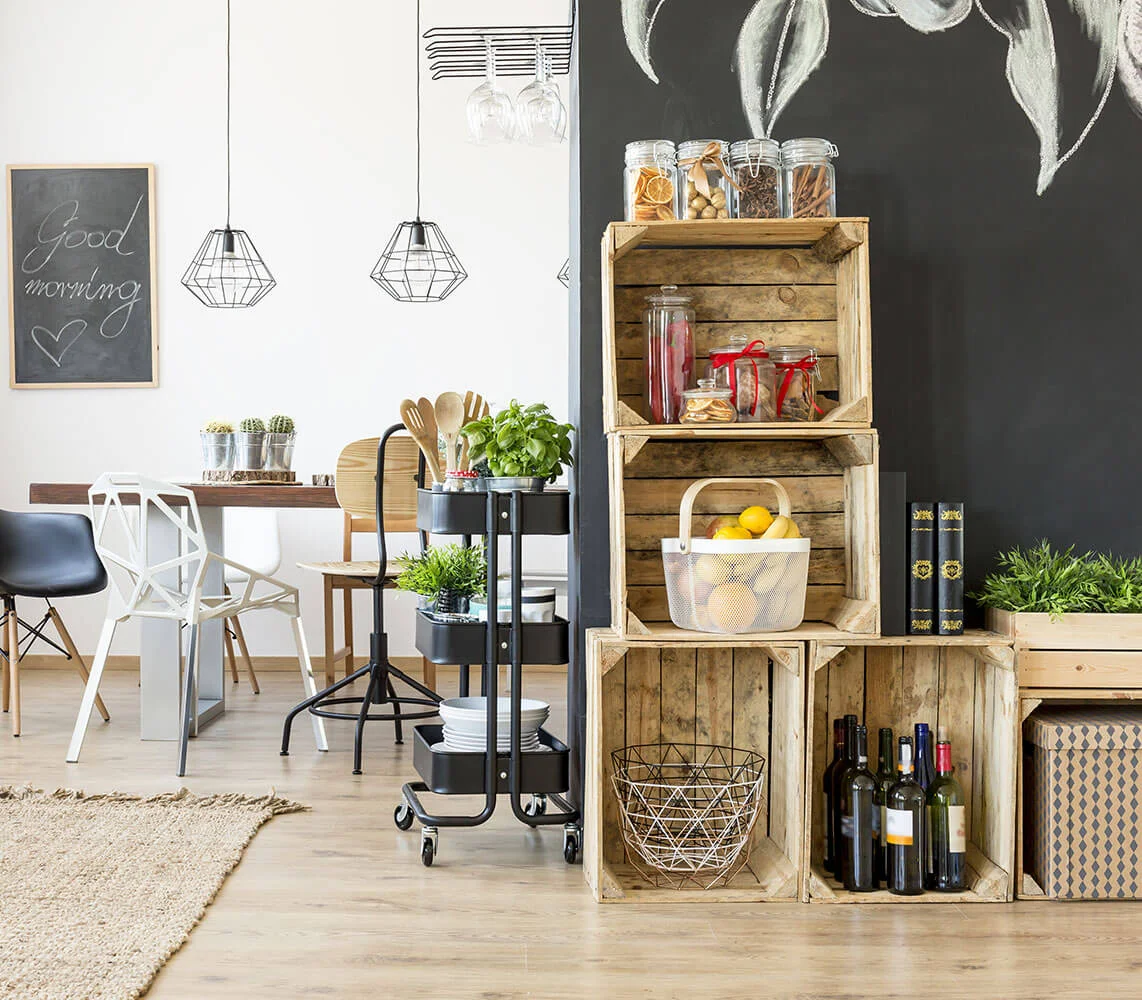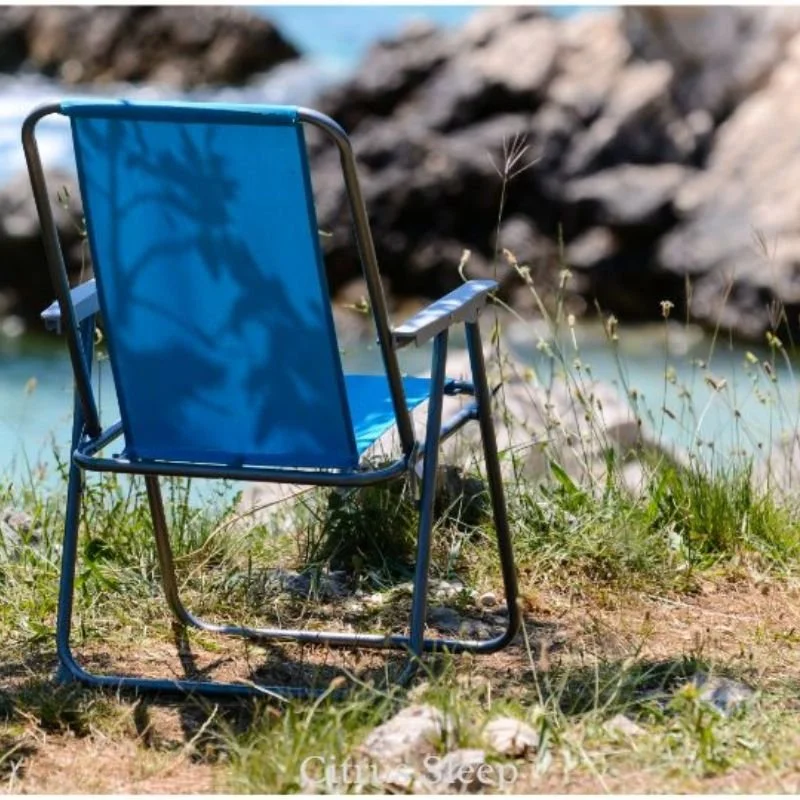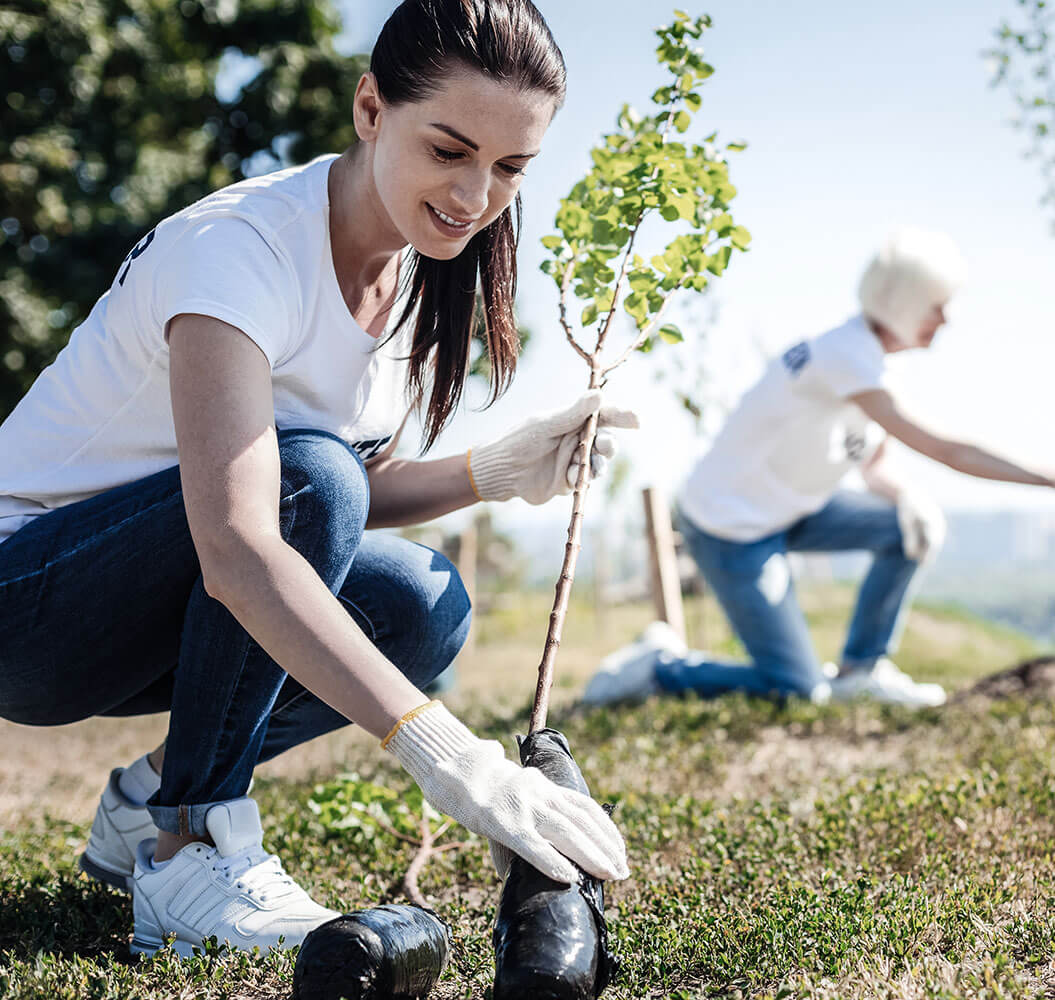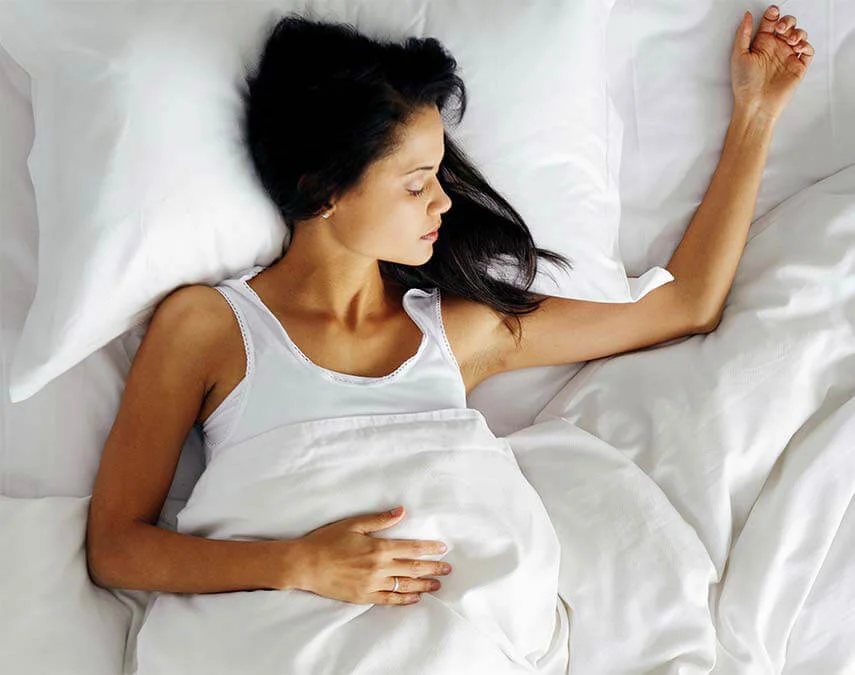Consider A Disposable Diaper For Your Little One
There are so many decisions that new parents need to make when they welcome a new baby into the world. One of the many ones of these big decisions has to do with everyone’s favorite topic: diapers and diaper bag essentials.
Many parents don’t realize how much thought goes into selecting the best diapers for newborns until they are a parent for the first time. This is especially true for parents who want to be environmentally friendly with everything they do with their new bundle of joy.
This is why many parents are interested in learning more about the best diapers and whether or not they are biodegradable or compostable. Unfortunately, the answer isn’t always as simple as “yes” or “no.” There are a lot of factors that go into diapers and the best way to dispose of them.
And if you have the time to stop and think about it (although most parents don’t) you are changing and disposing of a lot of diapers on a daily basis. Unfortunately, most diapers are single-use and create a lot of waste. And there are a lot of diapers that buildup in our landfills. In fact, studies estimate that disposable diapers make up about 2 percent of landfill waste in the US. After all,. He average baby users about 3,000 disposable diapers in their first year alone.
But that doesn’t mean there isn’t something that parents can do to help lessen their carbon footprint.
Here is some more insight for eco-friendly parents who want to learn more about the best diapers to use… and the best way to dispose of them.
Are Diapers Compostable?
Standard, disposable diapers are not compostable.
Unfortunately, the average diaper is not biodegradable, meaning you can’t put them into your compost bin. If you are using these disposable diapers, you need to throw them away in the trash—which means they are going to end up in a landfill. Diapers are not able to break down naturally on their own. This is because they are made of different types of plastic.
There are some “compostable” diapers out there and are often designated as some of the best diapers for newborns. However, make sure that if you are using these compostable diapers that you are using your compost in the right place. You should not put human, dog or cat feces in a compost pile if at all possible. Of course, even if you dispose of the feces first before composting the diapers, there can still be some leftover feces on this item.
Feces is filled with dangerous pathogens and bacteria that can spread disease. And unfortunately, you standard home compost bin will not get hot enough to destroy this unwanted bacteria. With this in mind, you should only use their type of compose for plants and flowers—and never use it near any fruits or vegetables you are growing in your own garden/
While standard diapers are not compostable—what happens when you purchase a biodegradable diaper?
Are Biodegradable Diapers Compostable?
If you have made the decision to buy a biodegradable diaper instead of a traditional plastic diaper, you may be excited about the prospect of throwing those diapers into the compost bin. However, this isn’t necessarily the case with all biodegradable diapers.
Just because a diaper says that it is biodegradable on the label—it doesn’t mean that it is completely compostable. This is because the average “biodegradable” diaper actually still contain certain fillers and synthetic elements that makes it difficult for them to break down—especially in a home compost bin.
The reason these diapers are still labeled as “biodegradable” is because they are able to break down eventually in the right conditions and in the right environment. With this in mind, many of the biodegradable diapers will need to be transported to an industrial compost bin. So, in the long run, while these are still better for the environment, it doesn’t necessarily mean that you can dispose of them in your own back yard compost bin.
If you do have diapers that are compostable, make sure that you remember that human feces can’t be composted!
Is There Any Risk to Babies Wearing Biodegradable Diapers?
One of the first questions that many parents have when considering biodegradable diapers—is whether or not they are safe. There is not necessarily anything “unsafe” about biodegradable diapers on their own—it doesn’t mean that this diaper is completely safe. It all depends on the materials used to make each individual diaper.
If you are really worried about the safety of the diaper that you are putting on your baby—there are a few key things that you should be looking for in a disposable diaper, even if you seen the words “green” or “biodegradable” about it. Just remember to read the label.
You should look for disposable diapers that are completely free of artificial fragrances, colorants or lotions. These things can all often be found in diapers and unfortunately, they can contain a number of toxins and irritants that can bother your child and cause allergic reactions. These things are not necessary in any diaper, or anything that will be in such close contact with your baby’s delicate skin.
Also look for fragrances in your diapers. There are many brands that will add fragrances into their diapers (of course, to help with any smells) but fragrances are known for being filled with harmful toxins. You should also look for products that are specifically free from petroleum-derived plastics and chlorine, which are notably harmful the planet and can also be irritating to little ones.
You should also specifically look for diapers that state they are “phthalate-free.” Don’t just assume that the diapers are phthalate-free because you don’t see it on the label. The diaper needs to say “phthalate-free” on the front.
Any Concerns to Bleaching or Dioxins in Diapers?
This is another question that many parents have when it comes to picking out the right diapers for their babies. There are many parents who are worried about the pollutants and dioxins that are emitted into the air during the creation of disposable diapers. However, while there are notable environmental concerns with disposable diapers—you don’t have to be as worried about the harm that it may cause to your baby.
There is a similar amount of dioxins in cloth diapers as there are in disposable diapers. So while bleached diapers are bad for the planet, you don’t have to worry about them being as bad for your baby—especially if a hospital or daycare puts one on your little one.
Disposable Vs. Cloth Diapers
This is a big decision for many parents looking for the best diapers for newborns and choosing between disposable and cloth diapers can be a difficult decision to make. While disposable diapers do have a major convenience perk—and are much easier for busy parents, the right cloth diapers are a more environmentally-friendly choice.
While there is still the added factor that you will use water and energy to clean these diapers—they are still better for the environment than disposable options—and don’t have as many chemicals or irritants in them. Plus, disposable diapers can end up sitting in a landfill for as long as 500 years! In fact, experts estimate that Americans are throwing away about 27.5 billion diapers every year---which means there are billions of diapers crowding up these landfills for hundreds of years.
So, instead of these disposable diapers for your diaper bag essentials, look for 100% organic cotton cloth diapers. It may take some time to get used to cleaning them, and you may want to bring a few biodegradable disposable diapers with you when you leave the house—if you can get used to the routine with cloth diapers, chances are you will enjoy the fact that you are helping to keep your baby (and the planet) safe.
As you shop for cloth diapers make sure to look for the following features:
100% certified organic cotton material
Unbleached cotton diapers (all organic diapers should be bleach-free)
Leak-free cloth diapers. The more absorbent the diapers are—the better. You should also make sure that they have the right snaps or closures that will ensure a tight fit.
You can also look for additional flushable or biodegradable liners that will add an additional layer of protection to the diaper, or organic cotton overnight liners that can help extend the life of your cotton cloth diapers.
If you still want to stick with the disposable option, make sure that you are choosing a diaper that is made of GMO-free plant-based plastics, and that your diapers are over 50% biodegradable at least. You can also consider flushable and compostable diapers as well—just pay attention to the label to make sure that you aren’t accidentally buying a product with unwanted toxins.
Diaper Bag Essentials For A Clean and Happy Baby
While new parents already have plenty to think about when taking care of a baby—there are still a few things that parents can do in order to make sure that they are being as eco-friendly as possible when it comes to diaper duty and diaper bag essentials. Keep these tips in mind if you are looking for ways to incorporate more eco friendly diapers into your current routine. The more you know about compostable and biodegradable diapers, the easier it will be to determine whether or not these diapers are the right option for you.
Karen A Mulvey is a personal social blogger and mom with 14 years of experience in the every day world of motherhood and sustainable product research. Karen is on a mission to help everyday families select sustainable, non-toxic organic products, stop stressing about uncertainties on sustainable home goods and apparel, and start living the life they’ve always wanted.
Follow Karen at @karenAmulveycs | Karen A Mulvey




